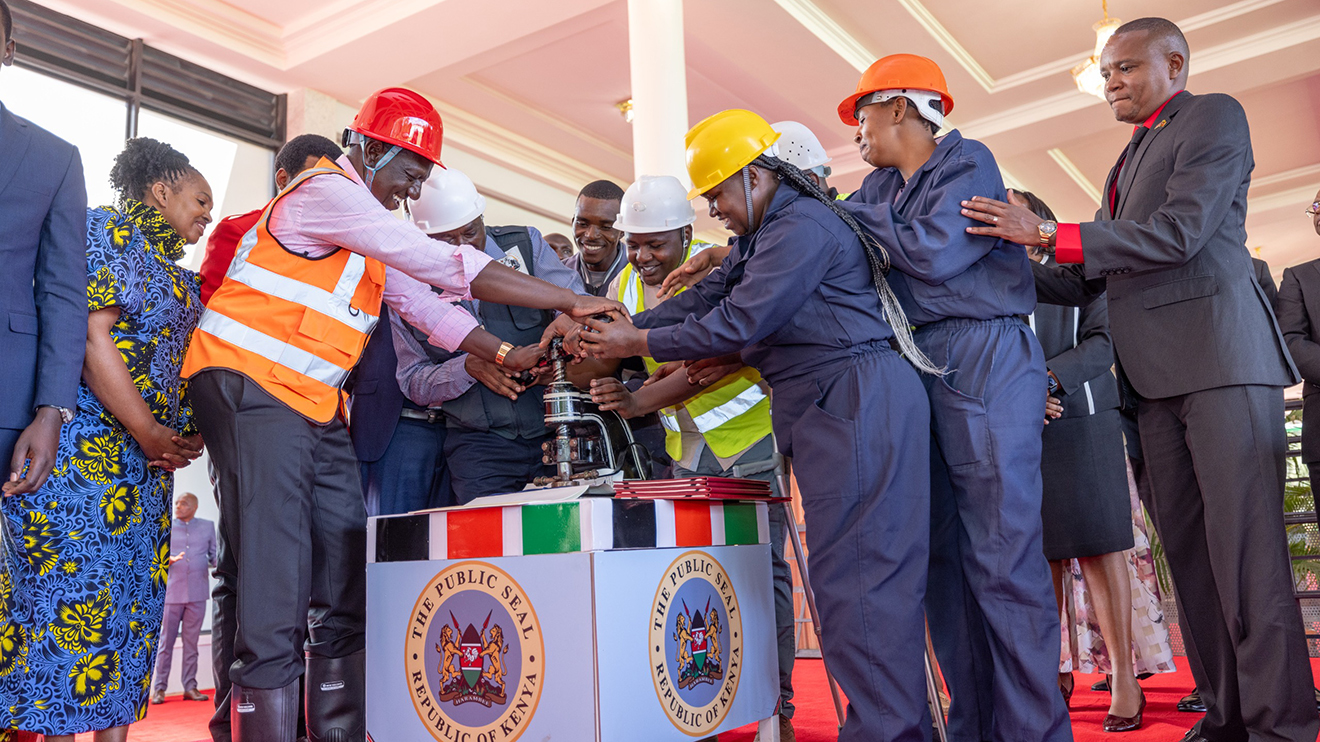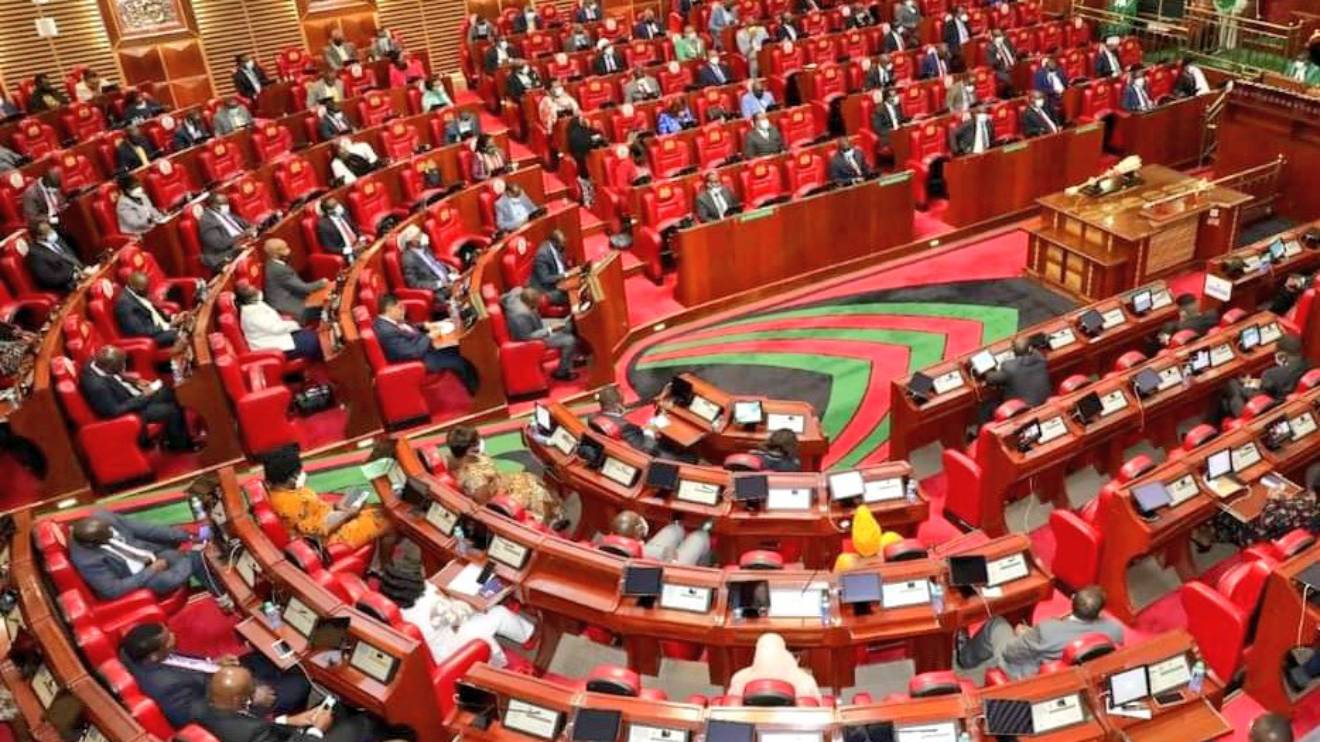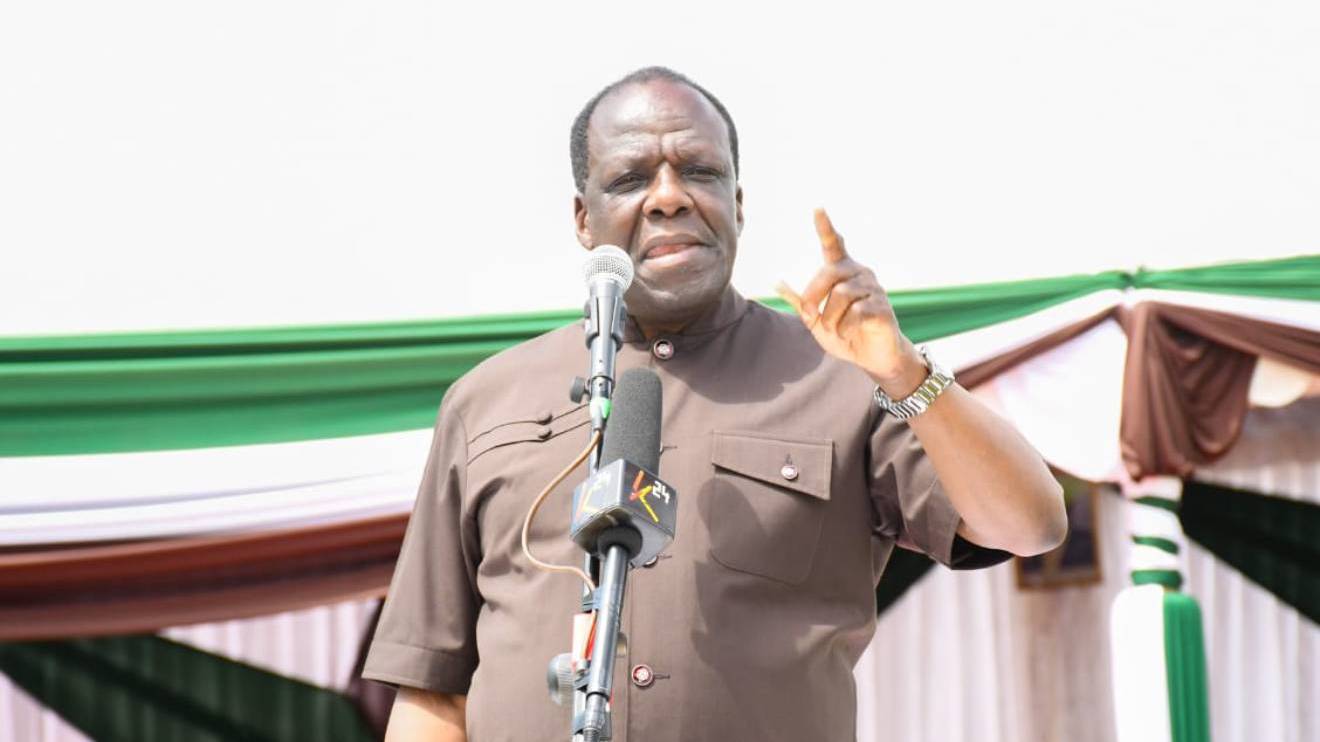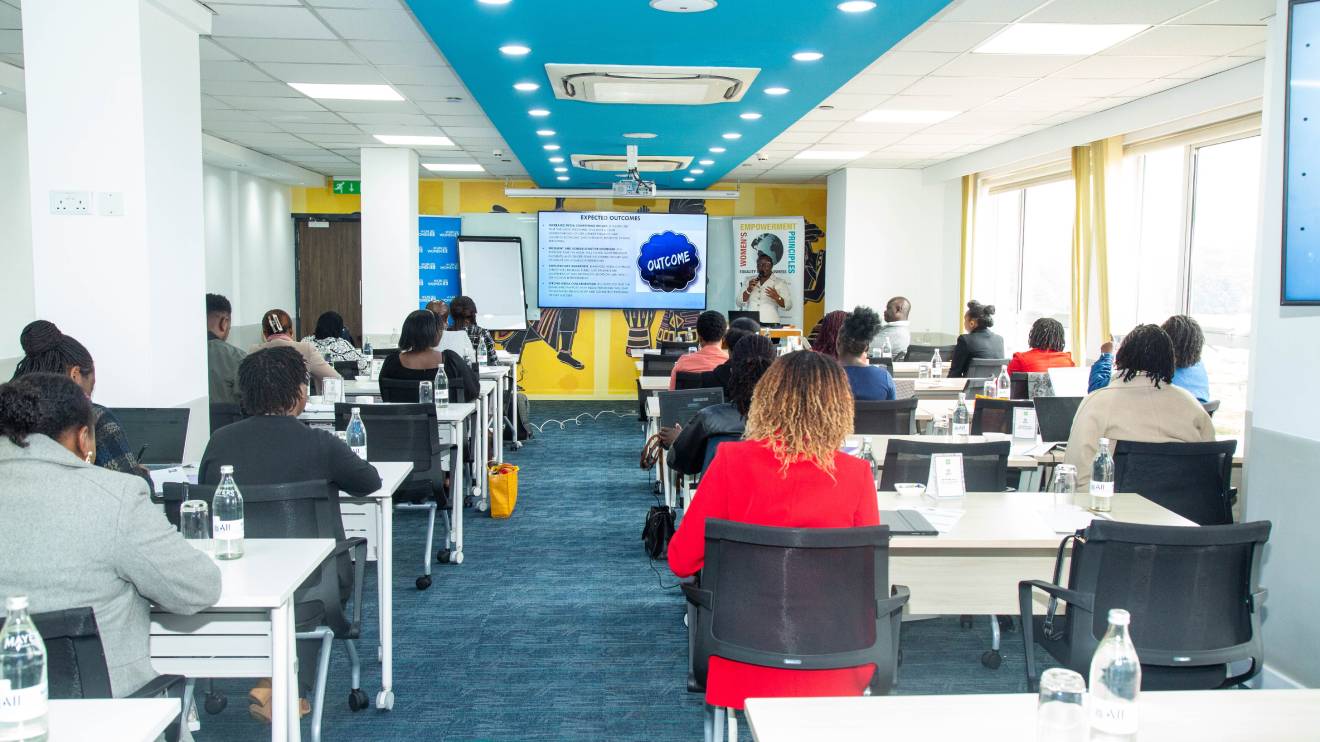Kenyan employees are facing a reinstatement of the infamous Housing Levy on their pay slips after President William Ruto signed into law the revised Affordable Housing Levy Bill.
The president says, the bill, which was passed by both the Senate and the National Assembly last week after amendments, is set to significantly transform the housing sector.
According to the Head of State, the government’s Affordable Housing program will enable ordinary Kenyans to access houses and has the potential to give low-income earners dignity.
“With as little as Sh3,000 monthly rent, ordinary Kenyans, including “mama mboga,” will own a house. Our transformational housing programme will dignify the lives of every low-income earner in our country,” said President Ruto.
Effective the of March, the law mandates the deduction of a 1.5 per cent levy on both salaried and non-salaried workers with Kenya Revenue Authority to receive the collections.
Read More
He argued on several occasions that the new levy will enable his Kenya Kwanza government to address the housing deficit in Kenya while also creating job opportunities for the youth.
Among the key changes in the new law is the engagement of counties with Governors set to form county liaison committees to oversee execution of the affordable housing program.
The signing into law of the Affordable Housing bill paves way for Ruto to proceed with his controversial housing agenda that has been strongly opposed by a large section of Kenyans.
The changes were pushed through Parliament by the Kenya Kwanza government amid opposition from Azimio MPs after courts ruled that the housing levy was unconstitutional
In suspending the law, the court ruled that Section 84 of the Finance Act, which amended the Employment Act to introduce the Housing Levy, defied taxation principles for creating unequal and inequitable principles touching on the formal and informal sectors in Kenya.
According to Ruto, the government targets to build 200,000 affordable housing units each year and in the process projects to create between 600,000 and one million jobs annually.








